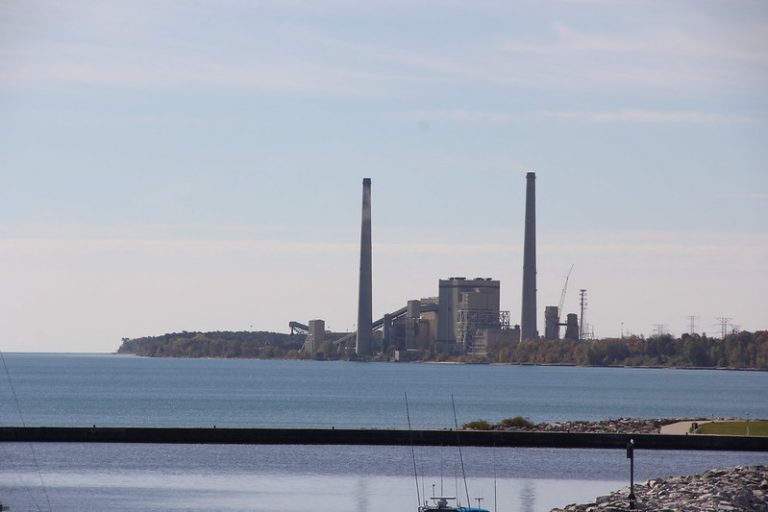Utility rate cases, although often overlooked, play a crucial role in influencing not only customer costs but also shaping energy policy in Wisconsin. In typically bi-annual cases, the Public Service Commission (PSC) sets customer rates and shareholder returns, establishes tariffs, and makes a variety of other decisions. Clean Wisconsin and other interested parties often intervene in these proceedings to advocate on issues important to them. This year, two topics central to Clean Wisconsin’s efforts to support the clean energy transition were on the table in the Alliant Energy (Wisconsin Power and Light) rate case: “net metering” for rooftop solar and financing the retirement of Edgewater 5, a coal plant scheduled to retire in 2025.
In its application, Alliant Energy proposed drastic changes to the way it compensates and credits owners of rooftop solar and other distributed energy resources for the power they produce. The current system, used by every major Wisconsin utility, is known as net metering and is an important policy tool for achieving Wisconsin’s climate goals. Alliant’s proposal would have eliminated net metering and replaced it with a complicated program that would hinder adoption of rooftop solar in Alliant Energy service territory.
Clean Wisconsin submitted expert testimony and briefing explaining that net metering is working for Wisconsin customers and utilities. We argued that Alliant Energy’s proposal was not a reasonable replacement tariff and would undermine progress towards Wisconsin’s clean energy goals. Ultimately, the Commission rejected the proposed changes and retained net metering in Alliant Energy territory—a major win for clean energy and rooftop solar owners in Wisconsin. The Commission also ordered an investigation to consider potential changes to net metering as adoption rates increase, as recommended by Clean Wisconsin.

In addition to net metering, decisions about financing retiring fossil generation, primarily the Edgewater 5 coal-fired power plant, were also before the Commission. Strategically financing the retirement of fossil-fuel generation is critical to mitigating financial impacts of the energy transition, particularly on those already experiencing energy burden (paying a disproportionately high percentage of household income on utility services). The Inflation Reduction Act (IRA) and other recent federal legislation provide critical funding for clean energy projects and the transition from fossil fuels.
Clean Wisconsin also weighed in on this issue, explaining in testimony that Alliant could save $168 million through IRA funding which could then be reinvested in nearly 150 megawatts of solar generation at no cost to ratepayers. Although the Commission didn’t order any specific changes to Alliant’s recovery on Edgewater 5, it did order the utility to submit evidence about alternative recovery methods in its next rate case. Aligning with Clean Wisconsin’s suggestions, the PSC also ordered Alliant Energy to report back on federal funding opportunities to reduce costs.
But it wasn’t just our experts and lawyers the Commissioner’s heard from. Over one hundred of our members spoke up on these issues through written comments and at hearings, and the Commission noted the high level of public participation in this case. Your voice is critical to achieving wins for clean energy in rate cases and other PSC proceedings. Join our Action Network to stay up to date on future cases and learn how to get involved.

